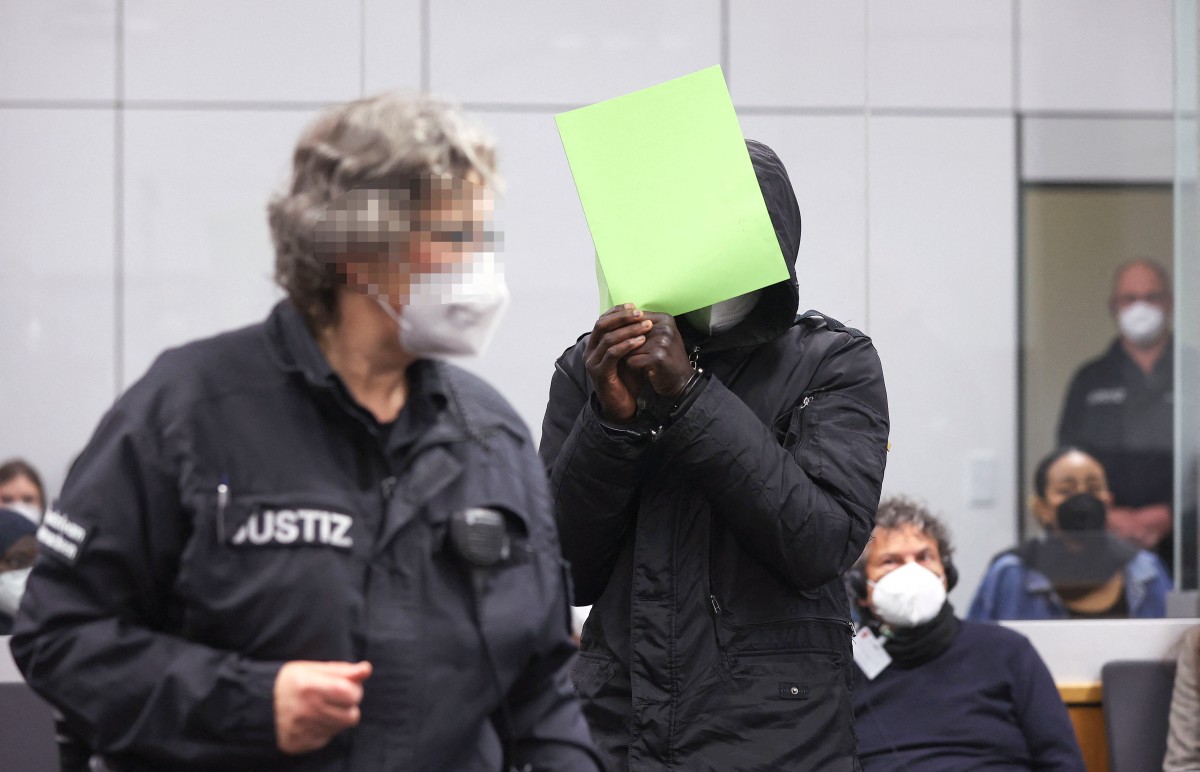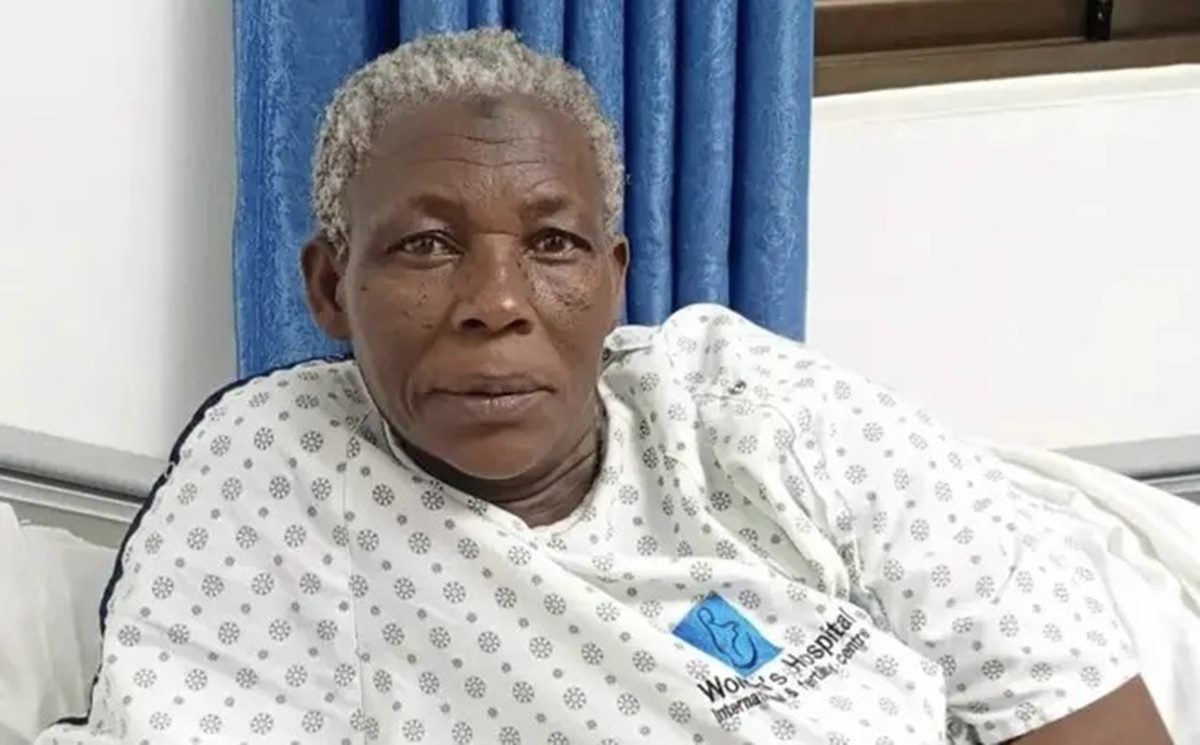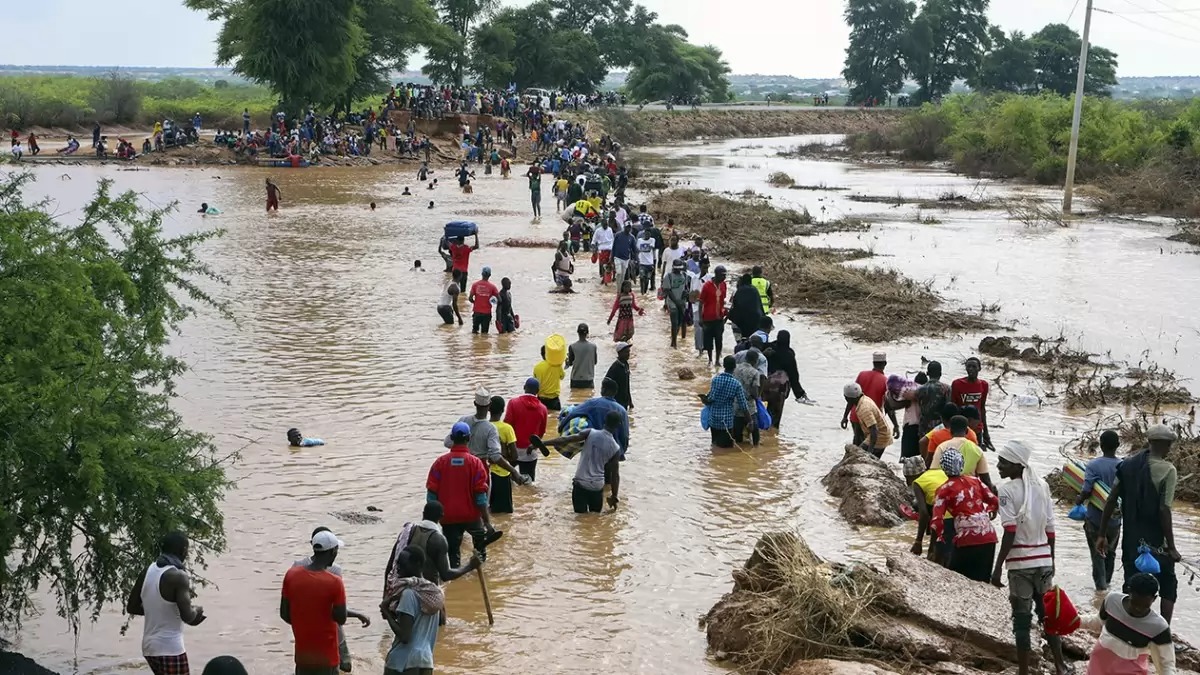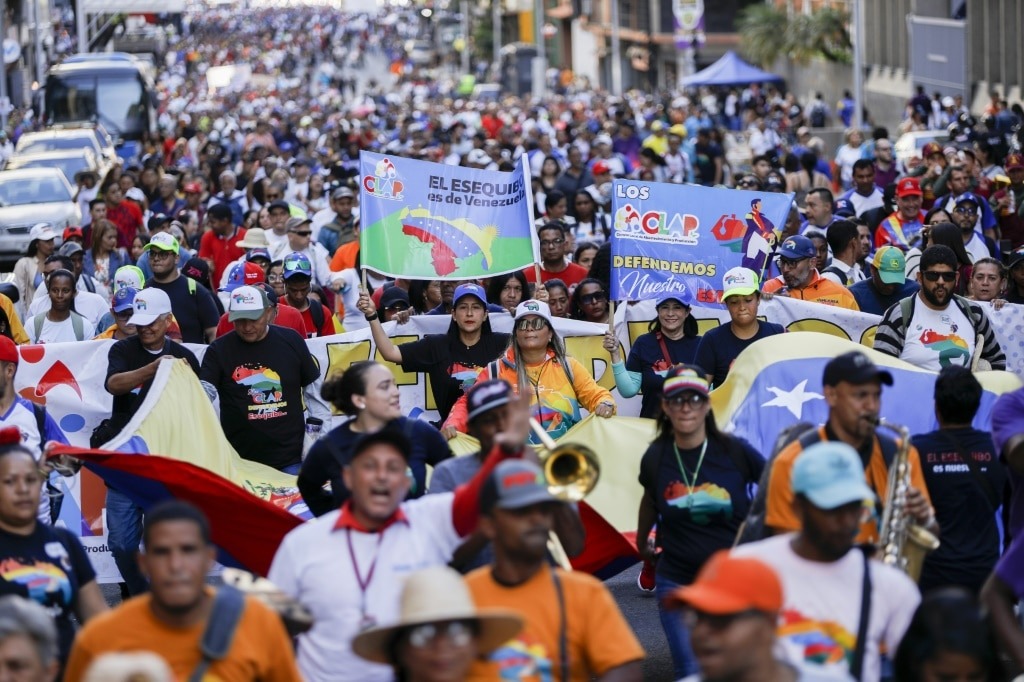In a historic verdict, a German court has sentenced a member of a Gambian death squad to life imprisonment for crimes against humanity and other charges. The trial marked the first prosecution in Germany for abuses committed under former President Yahya Jammeh’s regime.
The individual, known to the media as Bai Lowe but identified as Bai L. by the German justice system, was found guilty of crimes against humanity, murder, and attempted murder in three cases. The court in Celle, located in northern Germany, delivered the verdict following the public prosecutor’s request.
The 48-year-old man was specifically convicted of participating in murders that took place in Gambia between 2003 and 2006, including the killing of AFP correspondent Deyda Hydara on December 16, 2004.
Bai Lowe served as a driver for the “Junglers,” a Gambian death squad established by the government in the mid-1990s to intimidate or eliminate opposition figures.
During a hearing in October 2022, the defendant denied any involvement in the crimes, as stated by his lawyer. The defence pleaded for his acquittal, but the court rejected these arguments.
Germany’s recognition of universal jurisdiction for serious crimes under international law enabled the trial to take place on its soil, regardless of the accused’s nationality or the location of the alleged crimes. The country has previously convicted individuals for atrocities committed during the Syrian civil war.
The specific charges against Bai Lowe included involvement in the attempted murder of lawyer Ousman Sillah, the murder of Deyda Hydara, the attempted murder of Ida Jagne and Nian Sarang Jobe (who worked for the newspaper co-founded by Hydara), and the murder of former Gambian soldier Dawda Nyassi.
Deyda Hydara himself claimed to have falsely accused himself of acts he did not commit, aiming to expose the cruelty of Yahya Jammeh’s regime (1994-2017). However, the court deemed this line of defence implausible, and the civil parties expressed their disappointment with Bai Lowe’s statement.
The verdict in Celle serves as a warning to others who committed crimes under the dictatorship, according to the victims’ relatives and NGOs. Reed Brody, a lawyer with the International Commission of Jurists working with the victims, stated, “The long arm of justice has caught up with Bai Lowe in Germany, as it is already catching up with Yahya Jammeh’s henchmen around the world and will hopefully also catch up with Jammeh himself.”
Parallel proceedings against Jammeh’s collaborators are ongoing outside of Gambia, including the trial of Ousman Sonko, former Minister of the Interior, in Switzerland since 2017 for crimes against humanity. Additionally, Michael Sang Correa, another individual associated with Jammeh, is set to stand trial in the United States.
While Yahya Jammeh resides in Equatorial Guinea, a country with no extradition agreement with Gambia, the Gambian government has initiated efforts to address the crimes committed during his 22-year dictatorship. In collaboration with the Organization of West African States, Gambia announced plans to establish a tribunal to prosecute the crimes of the former dictator.
The pursuit of justice for the victims of the Jammeh regime remains a significant challenge for President Adama Barrow, who assumed office following a surprise victory in the 2016 presidential election.





